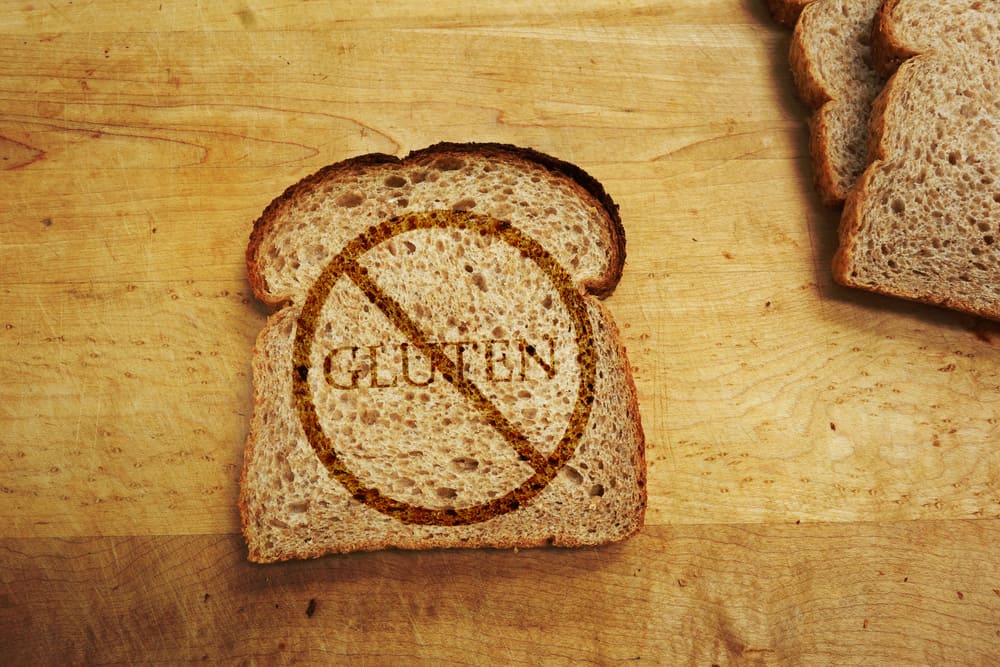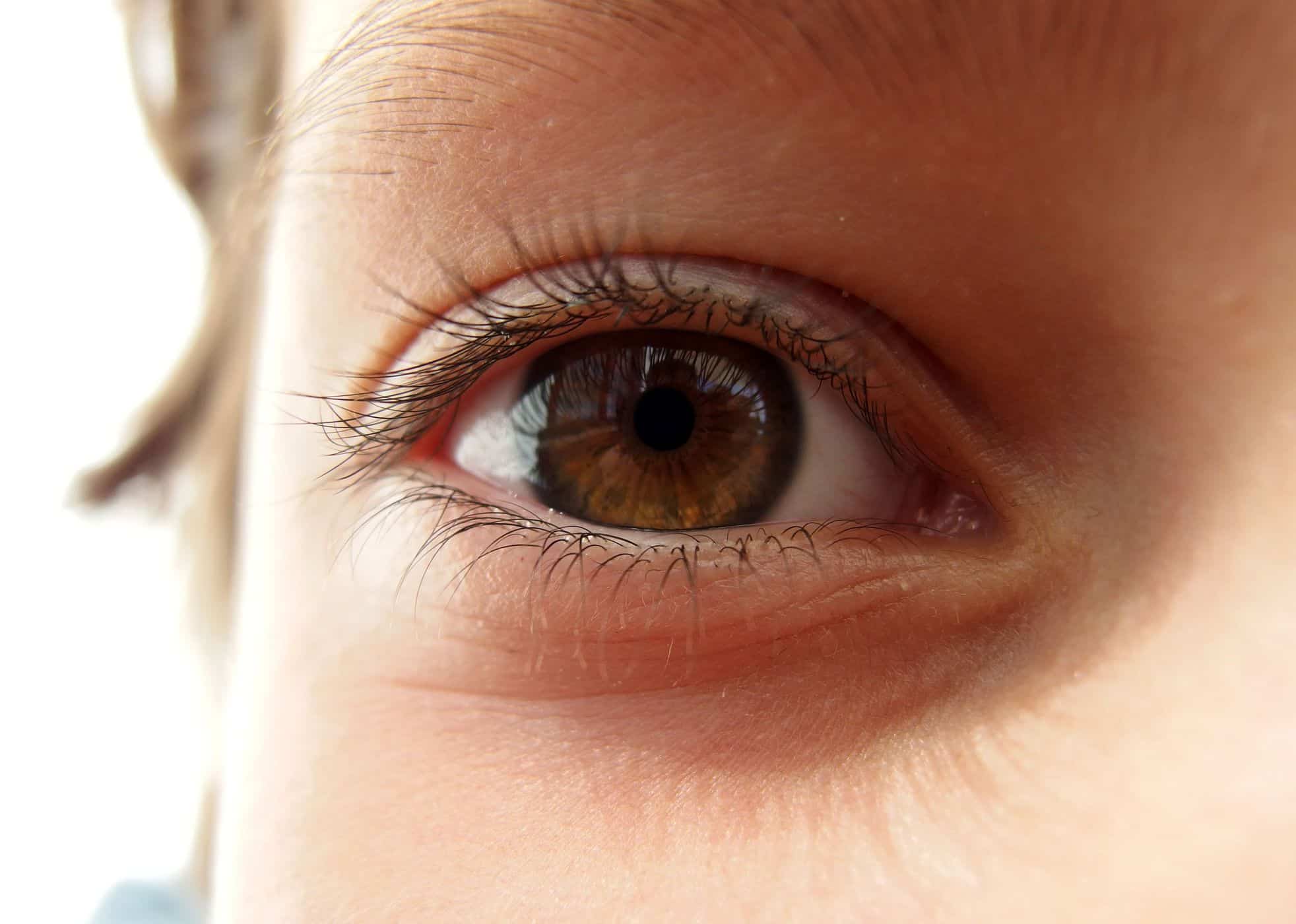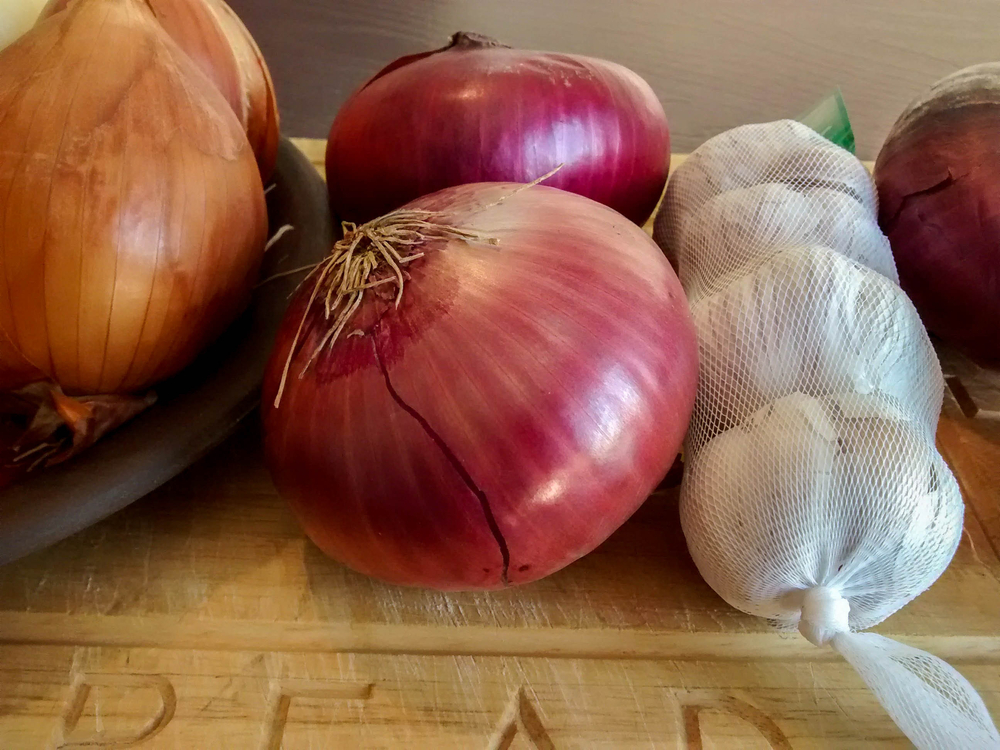Contents:
- Medical Video: What is celiac disease?
- What is gluten?
- But, people with this disease should not eat gluten
- 1. Celiac disease
- 2. Non-celiac gluten sensitivity
- 3. Irritable bowel syndrome, wheat allergy, and others
Medical Video: What is celiac disease?
Later, more and more people are on a gluten free diet, and are starting to avoid consuming any foods that contain gluten. No wonder the presence of gluten in food is now often considered to have a negative effect on health.
In fact, most studies claim that gluten consumption is safe for everyone, except those with celiac disease. But on the other hand, some health researchers believe that the danger of gluten can also occur in some people having certain other health conditions.
What is gluten?
Gluten is a type of protein found in grains especially wheat, rye (rye), and jali (barley) Wheat is the most consumed source of gluten. The two main proteins in gluten are gliadin and glutenin. Gliadin is responsible for most negative effects on health.
In processed products, gluten can help the development process when making bread, while providing a chewy texture to the bread. When flour is mixed with water, gluten forms sticky tissue that has glue-like consistency. Properties like this glue make the dough elastic, and make the bread float when baked. In addition, this adhesive property also provides a chewy texture.
But, people with this disease should not eat gluten
1. Celiac disease
Celiac disease is a condition in which a person's immune system mistakenly recognizes gluten as a foreign material that threatens the body. The immune system then attacks gluten and the lining of the small intestine, causing damage to the intestinal villi which ultimately decreases the intestine's ability to absorb nutrients.
This condition also causes nutritional deficiencies, various digestive problems, and increases various risks of other diseases.
The most common symptoms of celiac disease are digestive disorders such as diarrhea or constipation, headaches, and weight loss. Some people may also not have symptoms, but may have other symptoms such as anemia and fatigue.
Celiac disease can be very difficult to diagnose. A study revealed that up to 80 percent of people with celiac disease don't know if they have this disease.
2. Non-celiac gluten sensitivity
Not only in people who have celiac disease, the danger of gluten can also apply to people who do not have celiac disease but have non-celiac gluten sensitivity. Someone with non-celiac gluten sensitivity will still react negatively to gluten even if they don't have celiac disease.
Usually, people who experience this will experience symptoms similar to celiac disease, such as diarrhea, fatigue, and joint and bone pain. However, they did not experience intestinal disorders after consuming gluten. These symptoms can occur due to poor digestive system conditions.
There is no clear definition of non-celiac gluten sensitivity, but this condition is diagnosed when the patient reacts negatively to gluten. Generally, one way to diagonize is to temporarily stop eating gluten, then take it again. This is done to find out whether you have symptoms of gluten sensitivity or not.
3. Irritable bowel syndrome, wheat allergy, and others
A study was conducted on 34 patients with irritable bowel syndrome (IBS) who were divided into two groups, one of whom underwent a gluten free diet, and one group ate gluten.
As a result, groups that eat gluten often experience pain, flatulence, diarrhea, and fatigue compared to other groups. In other words, IBS sufferers can benefit from a gluten free diet done.
Gluten will also react negatively to people who have a wheat allergy. About one percent increase in digestive problems occurs in people with wheat allergies who eat gluten.
In addition, other studies have shown that a gluten free diet can also benefit sufferers with schizophrenia, autism, and gluten ataxia.












